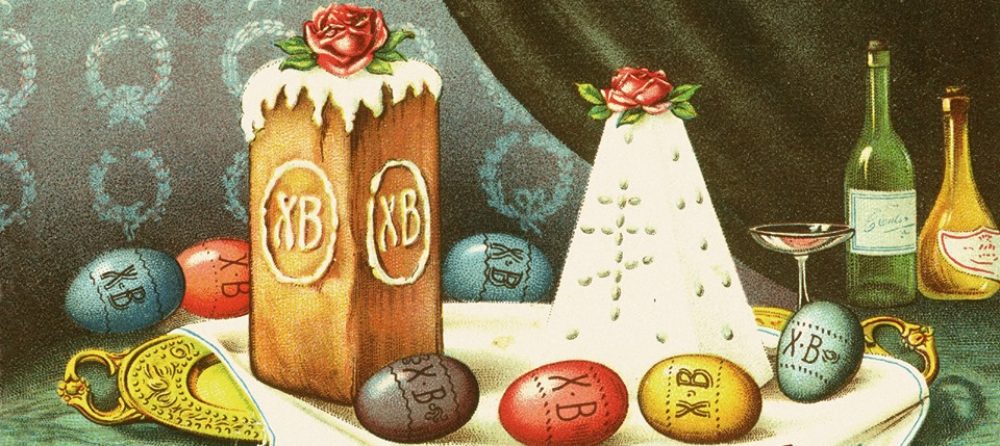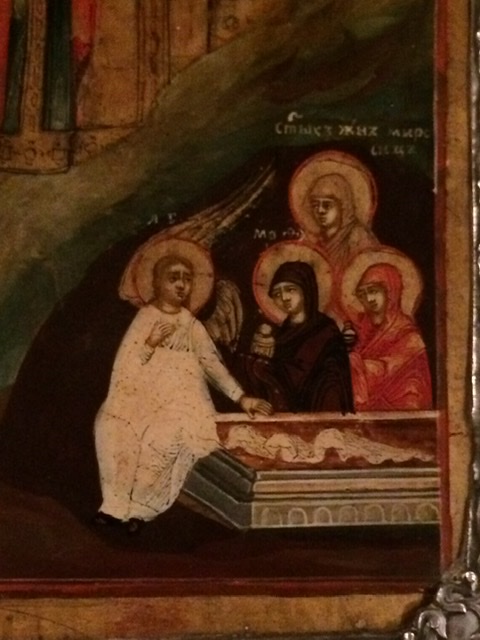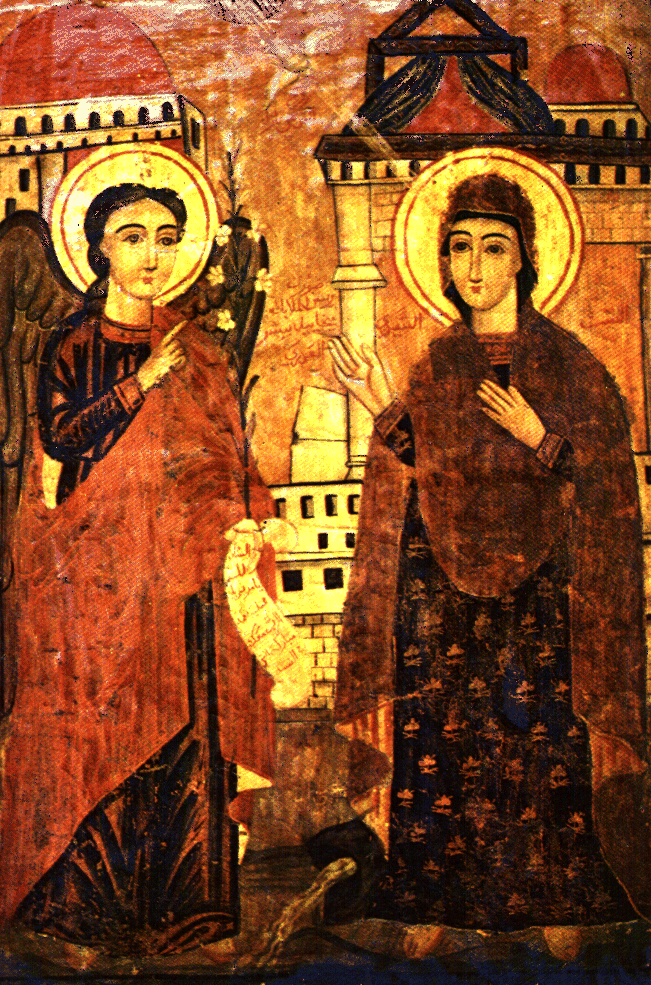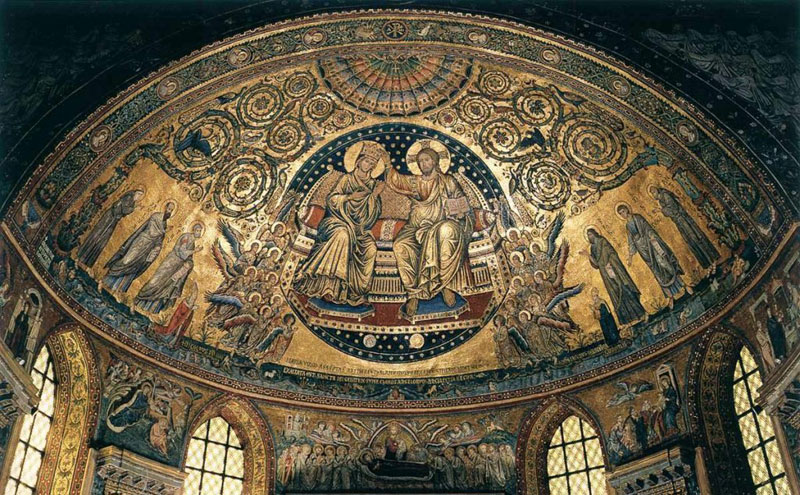
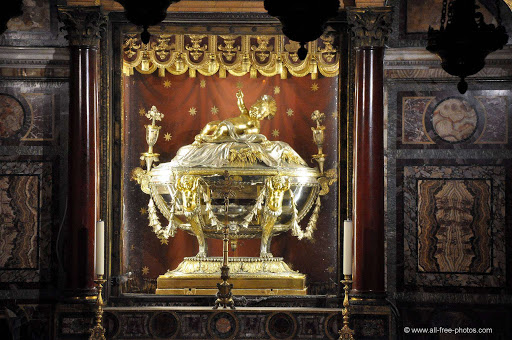
Who doesn’t need a miracle right about now? Although the miracle of St. Mary Major and the snow occurred in Rome during early August, I don’t think we need to wait until August to appreciate it.
According to the story, a rich Roman and his wife wanted to leave their estate to the Church in order to build a new church but they were uncertain where it should be built. They were promised in a dream that a miracle would show them the place to have the church built. A few days later, on August 5 in the mid-late 4th century, a miraculous snowfall occurred atop one of the hills of Rome. The couple understood this to be the miracle they had been told to expect. (Other versions of the story say that the Pope had chosen the site for a new church but his decision met with resistance; he marked the area to be excavated for the church foundations and had the dream promising a miracle to vindicate his choice of location. The next day the snow fell exactly–and only!–within the area he had marked for excavation.)
The legend is still commemorated by dropping white rose petals from the dome of the church during the celebration of the Mass on August 5th, similar to the red roses that are dropped from the dome of the Pantheon at Pentecost.
The mosaics in the church are among the most stunning examples of early Christian art and iconography. They illustrate events in the life of the Mother of God and of Christ and events from the Old Testament that are understood to be allusions or anticipations (types) of the events in the life of Christ and His mother.
The church is known as St. Mary Major because it is the most important of all the churches in Rome dedicated to the Mother of God; it is also sometimes called Saint Mary of the Crib (Sancta Maria ad Praesepe), a name it was given because of the relic of the crib or manger of the Nativity of Christ: four boards of sycamore wood believed to have been brought to the church, in AD 640–649. The Pope traditionally celebrates the Mass three times on Christmas Day; one of these celebrations is held at St. Mary Major because of the relic there.
